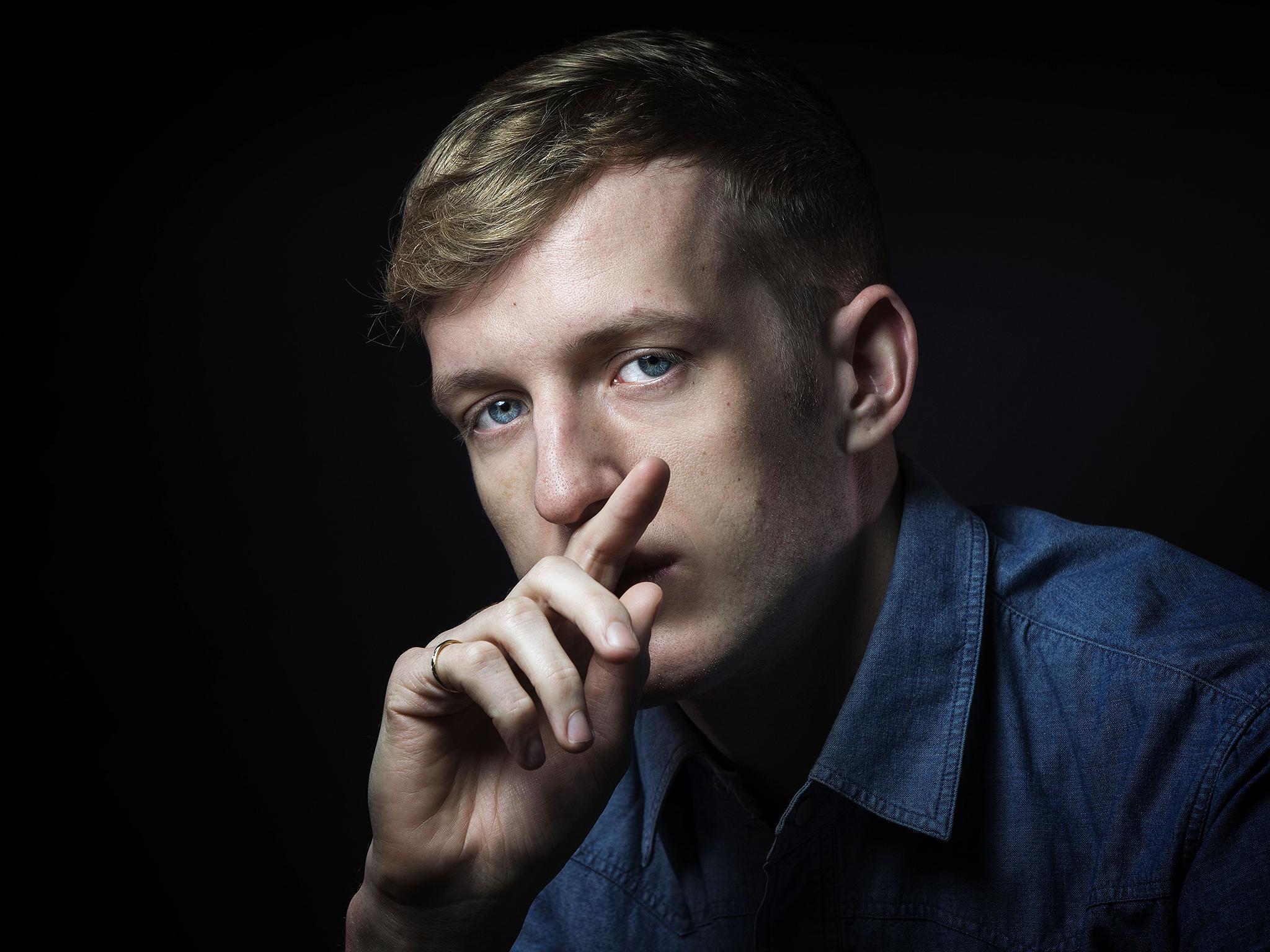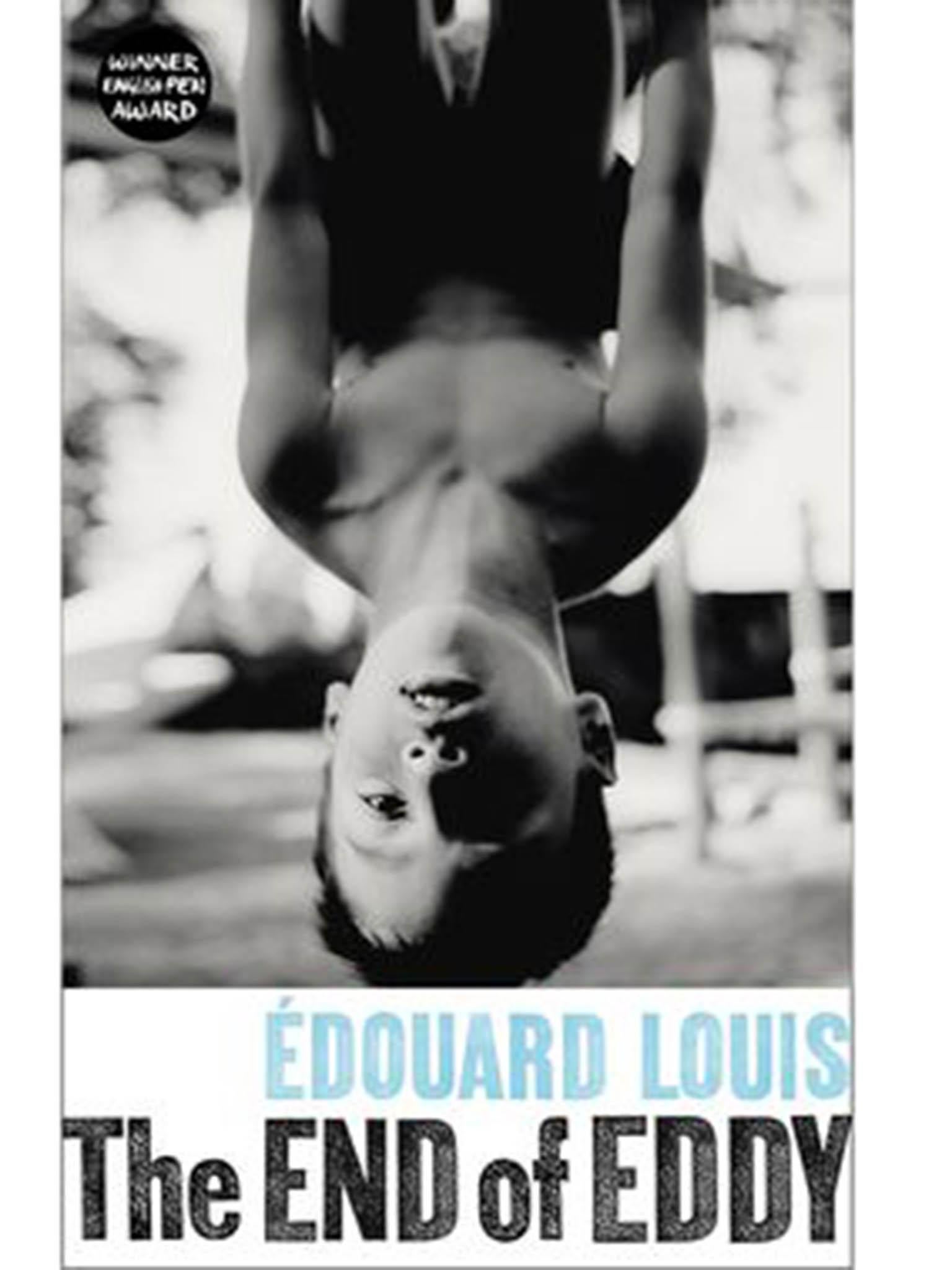The End of Eddy – and why writing about life can be a dangerous game
'Autofiction' has an important role to play in this new post-truth world

The End of Eddy is the newly released English translation of Édouard Louis’ first novel, En Finir avec Eddy Bellegueule. First published in 2014 when its author was only 21, it quickly became a best-seller: within a year, this striking account of a young gay man growing up in a deprived environment of rural northern France had sold more than 300,000 copies.
With success came controversy: Louis was blamed by some journalists and relatives for misrepresenting his working-class background as overtly violent, uneducated, racist and homophobic. Labelled a “roman” (novel) on its front cover, the book is openly autobiographical, as defended by Louis in interviews.
Indeed Eddy Bellegueule is not a fiction: this used to be the author’s real name before he took on the much more formal “Édouard Louis” – and not as nom de plume, but as a legal name. But Eddy is an invention: as the French title suggests, Louis did away with his former identity to create a new one, as a member of the French intellectual elite.
He recreated Eddy through language, memories and emotions; through the sociological tools of understanding he acquired reading Bourdieu and Foucault at the prestigious École Normale Supérieure. While this distance may be seen as a betrayal of Louis’ working-class origins for some, his transformation was required to cast a critical eye on his childhood and bring to light this invisible portion of French society.
Dangerous exposure
Life-writing has always been a potentially dangerous act of exposure. Rousseau knew it when he wrote his Confessions. However, in the past few decades, authors have experimented further with the disclosure of private events in the public domain. The French did not invent the autobiography – the notion first appeared in the English language at the end of the 18th century – but they have shaped a strong tradition of theoretical debates in which acclaimed writers have been expanding the porous borders of life-writing. Barthes, Beauvoir, Derrida, Duras, Gide, Leiris, Malraux, Sarraute and Sartre, to name a few in the 20th century, all wrote autobiographical texts. Some of these, such as Duras’ The Lover, are now commonly viewed as “autofictions” – a seemingly paradoxical notion which has become a literary, media and cultural phenomenon.
When Serge Doubrovsky coined the term “autofiction” in his 1977 book Fils, he was playfully going against rigid definitions of autobiography as a retrospective, all-encompassing account of one’s life. A French academic, split between Paris and New York, torn between two languages and cultures, Doubrovsky sought to emphasise the plurality of the individual and the ability of language to transform prosaic reality into eventful stories.

Turning life into literature can be, however, a risky strategy: 10- years after Fils, Doubrovsky made a deal with his wife Isle to write about their relationship as it unfolded. Shortly after he sent her a chapter detailing violent episodes of their marriage, including her addiction to alcohol, she was found dead in their Parisian flat.
When invited to present Le Livre brisé (The Shattered Book) on television in 1989, Doubrovsky faced an open accusation from the journalist Bernard Pivot: that this book had led his wife to suicide.

This TV programme was a pivotal moment, after which sales of Le Livre brisé soared and autofiction fully entered the journalistic and critical domain. This phenomenon has expanded far beyond literature: in a national context where literary prizes are an institution, where writers still enjoy the aura that once surrounded intellectuals, it is not just the Proustian private and social selves that authors have to contend with. They are also expected to play the media game and cannot simply be a name on a book cover, as the recent unveiling of Elena Ferrante’s “true” identity shows.
Mystery attacker
Louis is, in many ways, a media phenomenon. He has discussed his book on TV and radio, has given public lectures in the UK and US, writes a bilingual blog, and has seen En Finir avec Eddy Bellegueule not only translated in more than 20 languages, but also turned into a film due to come out later this year.
However, like many writers whose work questions the representation of lived experience through language, Louis rejects the label “autofiction”, arguing that there is no fiction in his books. But life-writing is not an isolated practice, and it is not without consequences in real life.
Louis’s second autobiographical novel, Histoire de la violence (2016), tells the story of an encounter which takes a dramatic turn as its main protagonist is assaulted and raped. The publication of this book led to a court case eventually won by Louis on the grounds that there were not sufficient clues in the book to identify his alleged attacker.
Viewing autofiction as an ambiguous, blurry, undefinable combination of autobiography and fiction may seem convenient, and partly explains the appeal of this notion. After all, does it really matter if autobiographical texts play with reality? Is literature not primarily about invention, creation, and artistic freedom? Of course it is.
But literature is also political, and so is language. As the French presidential election is nearing and Marine Le Pen is predicted to win record numbers of votes for a far-right party; as we’ve entered a “post-truth” era where the manipulation of facts is a practice that impacts on our perception of knowledge and power, the issues that autofiction raises are an acute reminder of the intrinsic power of language to transform reality and to bring to light its most unsettling aspects.
Elise Hugueny-Léger, senior lecturer, school of modern languages, University of St Andrews. This article first appeared on The Conversation (theconversation.com)
Join our commenting forum
Join thought-provoking conversations, follow other Independent readers and see their replies
Comments